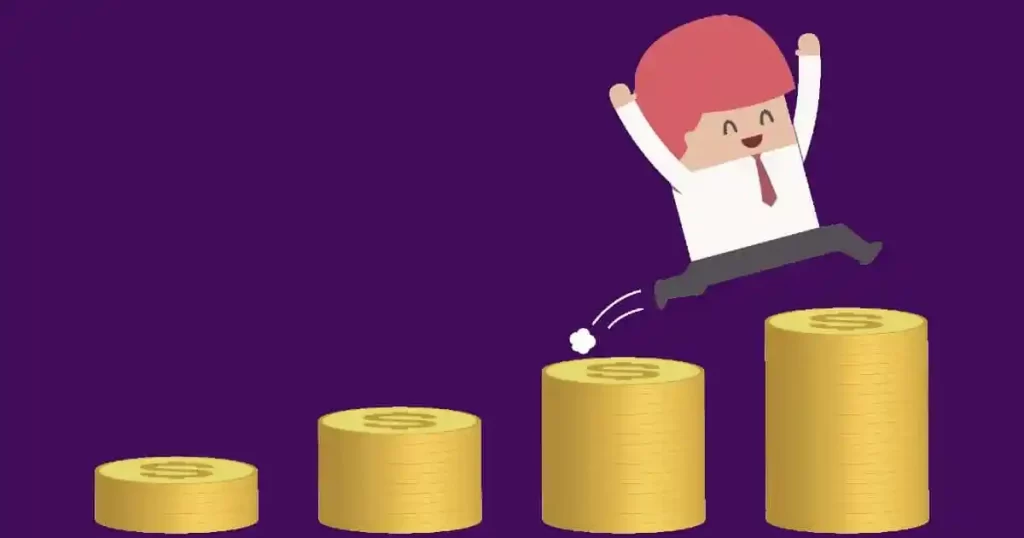Introduction |
When dealing with a County Court Judgment (CCJ), it’s essential to be aware of the time limit for enforcing the judgment and whether enforcement is possible after the expiration of this period. In this article, we will discuss the CCJ enforcement time limit and address the query of enforcing a CCJ after six years.
What is the CCJ Enforcement Time Limit?
The CCJ enforcement time limit is generally six years from the date of the judgment. During this period, the creditor has the opportunity to take legal action to enforce the judgment and recover the outstanding debt. It’s important to note that the judgment itself remains on the debtor’s credit record for the full six-year duration from the registration date unless it is paid within one calendar month of the date of registration. If this is done is it expunged from the court record. After the one month period has expired the judgment can be paid and the court record will record it as “satisfied”.
Unpaid CCJ What Happens Next? | Can I Enforce a CCJ After 6 Years?
Once the six-year time limit for CCJ enforcement has passed, the judgment becomes “statute-barred.” This means that legal enforcement action is no longer available to recover the debt. However, it’s important to note that unless paid, the judgment remains on the debtor’s credit record for the entire six-year period.
Options for Enforcing a CCJ within the Time Limit |
Within the six-year time limit, creditors have various options for enforcing a CCJ, including |
- Instructing High Court Enforcement Officers (HCEOs) to seize and sell the debtor’s assets.
- Applying for a Charging Order against the debtor’s property.
- Obtaining an Attachment of Earnings Order to deduct payments directly from the debtor’s wages.
- Requesting a Third-Party Debt Order to freeze the debtor’s funds held in a third-party account.
What Happens If You Don’t Pay a CCJ After 6 Years? | Can a CCJ be Renewed After 6 Years
Failing to pay a County Court Judgment (CCJ) within the prescribed time frame can have significant consequences. After 6 years, a CCJ remains on your credit file, negatively impacting your creditworthiness. Shergroup specializes in enforcement and can take action to recover the outstanding amount on behalf of the creditor. If you don’t pay a CCJ after 6 years, it doesn’t mean the debt disappears. Shergroup can employ various enforcement methods, such as seizing assets, freezing bank accounts, or arranging for the sale of property. Ignoring a CCJ won’t make it go away; it’s crucial to address the issue promptly. Contact Shergroup today to discuss your situation and find a resolution to ensure your financial well-being.
Challenges in CCJ Enforcement |
CCJ enforcement can present challenges, such as locating the debtor’s assets, dealing with uncooperative debtors, or facing financial constraints that hinder the full recovery of the debt. In such situations, seeking professional assistance from experienced enforcement agencies like Shergroup can help overcome these obstacles and improve the chances of successful enforcement.
We invite you to watch our TV Show, “Call The Bailiffs, Time to Pay Up” which was commissioned by Channel 5 in the UK as a reality show on what enforcement looks like for creditors and debtors when the bailiffs are called in to help get payment. These are real-life situations from our files, with our High Court Enforcement TEAM directing the enforcement process – check it out on Shergroup TV
The Implications of Not Enforcing a CCJ within the Time Limit |
If a CCJ is not enforced within the six-year time limit, legal enforcement actions become unavailable. However, it’s important to remember that the judgment remains on the debtor’s credit record for the entire six-year period. This may impact the debtor’s ability to obtain credit or loans during that, time.
Removal of a CCJ from the Credit Record Before the Six-Year Period |
In most cases, a CCJ cannot be removed from a debtor’s credit record once the one month window for payment has expired. It will be present for the full six-year period. However, if the judgment was made in error or there are exceptional circumstances, the debtor can apply to the court to have the CCJ “set aside” or “amended.” Shergroup provides a service to help judgment creditors set aside a county court judgment via a trusted partner.
Summing-up |
The time limit for CCJ enforcement is generally six years from the date of the judgment. It’s crucial to take prompt action within the initial one month period to enforce the CCJ and recover the outstanding debt.
Once this period has passed, then it will be a further 6 years before the CCJ registration will drop off the Register of County Court and High Court Judgments in England and Wales.
After the six-year time limit has passed, legal enforcement becomes unavailable, although the judgment remains on the debtor’s credit record for the full duration. Seeking professional assistance from reputable enforcement agencies like Shergroup can greatly enhance the chances of successful CCJ enforcement.
For expert guidance and professional assistance in CCJ enforcement, rely on Shergroup. Visit our website at https://shergroup.com to learn more about our comprehensive services and how we can assist you in effectively enforcing your CCJ and recovering outstanding debts.
If you need any help or advice, please speak with our friendly business solutions advisors.
Buy Now | https://shergroup.com/product-page/cashflow-county-court-judgment-ccj-transfer
You can reach us |
By Phone | 020 3588 4240
Website | www.shergroup.com and you can chat to us from here
Email | hub@shergroup.com
Facebook | Check out Shergroup on this channel and message us
Twitter | Check out ShergroupChat on this channel and message us
LINKEDIN | Check out Shergroup’s LINKEDIN feed – and please FOLLOW us!
Instagram | Check out ShergroupChatter and follow us!

